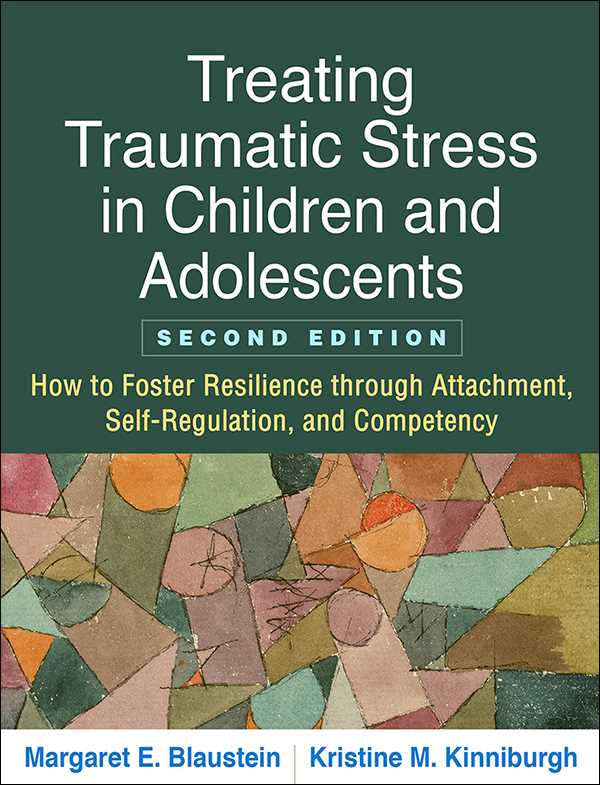
Childhood maltreatment and everyday stress are two significant factors that can have a profound impact on an individual’s well-being and overall development. The experiences we have during our formative years can shape our ability to cope with stress and adversity throughout our lives.
Resilience, the ability to bounce back from difficult situations, is a key component in navigating the challenges of everyday life. It is especially crucial for individuals who have experienced childhood maltreatment, as they may be more vulnerable to the negative effects of stress.
Understanding the mechanisms behind resilience can provide valuable insights into how we can support individuals who have experienced childhood maltreatment. Research has shown that factors such as social support, self-efficacy, and cognitive flexibility play a significant role in building resilience.
By identifying these protective factors and implementing interventions that foster their development, we can help individuals overcome the lasting effects of childhood maltreatment and build the resilience needed to thrive in the face of everyday stress. This research is crucial in informing policies and practices that aim to create a more supportive and resilient society for all.
The Impact of Childhood Maltreatment
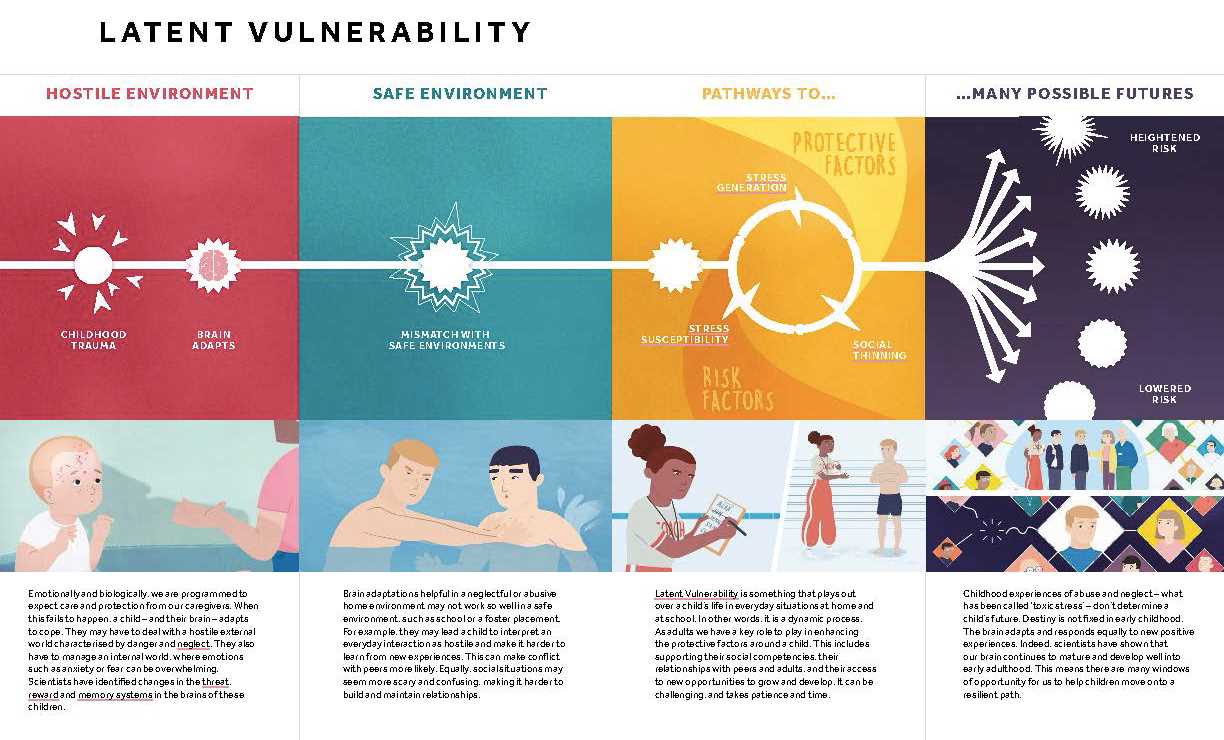
Childhood maltreatment can have a profound and lasting impact on individuals, affecting their everyday lives and causing significant stress. Maltreatment during childhood refers to any form of abuse or neglect experienced by a child, including physical, emotional, and sexual abuse, as well as neglectful behaviors from caregivers.
The effects of childhood maltreatment can manifest in various ways, influencing an individual’s physical, emotional, and cognitive well-being. Research has shown that individuals who have experienced maltreatment during childhood are more likely to experience chronic stress throughout their lives, as the trauma they endured can leave lasting psychological scars.
Everyday stressors can trigger memories and emotions associated with past maltreatment experiences, leading to heightened stress responses. These stress responses can manifest as anxiety, depression, and other mental health disorders. Additionally, individuals who have experienced childhood maltreatment may struggle with forming and maintaining healthy relationships, as the trauma they endured can impact their ability to trust and connect with others.
Childhood maltreatment can also have long-term physical effects on individuals. Studies have found that individuals who experienced maltreatment during childhood are at a higher risk of developing chronic health conditions, such as cardiovascular disease, obesity, and autoimmune disorders. These physical health issues can further contribute to the everyday stress experienced by individuals who have endured childhood maltreatment.
In conclusion, childhood maltreatment has a significant impact on individuals, affecting their everyday lives and causing heightened stress levels. It is crucial to recognize and address the effects of childhood maltreatment to promote resilience and well-being in survivors.
| Key Points |
|---|
| – Childhood maltreatment refers to any form of abuse or neglect experienced by a child. |
| – Maltreatment during childhood can lead to chronic stress and impact an individual’s mental and physical health. |
| – Individuals who have experienced childhood maltreatment may struggle with forming and maintaining relationships. |
| – Childhood maltreatment can increase the risk of developing chronic health conditions. |
Long-Term Effects

The long-term effects of childhood maltreatment on resilience and everyday stress are significant. Research has shown that individuals who have experienced childhood maltreatment are more likely to struggle with resilience, or the ability to bounce back from adversity.
Childhood maltreatment can have lasting effects on a person’s ability to cope with everyday stressors. It can lead to difficulties in regulating emotions, forming healthy relationships, and managing daily tasks. These effects can persist into adulthood and impact various areas of life, including work, relationships, and overall well-being.
One study found that adults who experienced childhood maltreatment were more likely to experience chronic stress and develop mental health issues such as depression and anxiety. They also had higher rates of physical health problems, such as cardiovascular disease and chronic pain.
Resilience, however, can play a crucial role in mitigating the long-term effects of childhood maltreatment. Individuals who develop resilience skills, such as problem-solving, social support seeking, and positive thinking, are better equipped to navigate the challenges that arise from their childhood experiences.
Building resilience in individuals who have experienced childhood maltreatment is a complex process that requires a multi-faceted approach. It involves addressing the underlying trauma, providing support and resources, and teaching coping strategies and self-care techniques.
By understanding the long-term effects of childhood maltreatment on resilience and everyday stress, professionals can develop interventions and programs that promote resilience and support individuals in overcoming the challenges they face.
| Childhood Maltreatment | Resilience | Everyday Stress |
|---|---|---|
| Adversity | Emotional Regulation | Chronic Stress |
| Impact | Problem-Solving | Mental Health Issues |
| Well-being | Social Support | Physical Health Problems |
| Relationships | Positive Thinking | Interventions |
Psychological Consequences
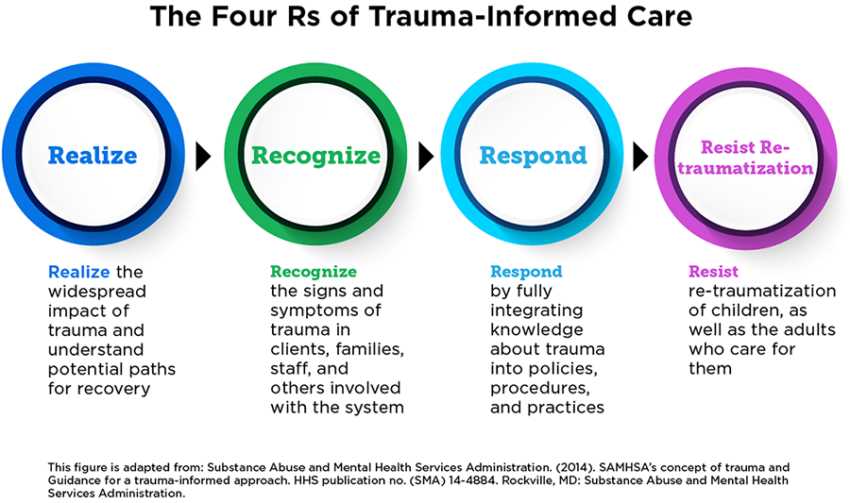
Childhood maltreatment can have profound psychological consequences, particularly in relation to everyday stress and resilience. Research has consistently shown that individuals who experience childhood maltreatment are more likely to have higher levels of stress in their daily lives. This can manifest in various ways, such as increased anxiety, depression, and difficulty coping with everyday challenges.
One of the key psychological consequences of childhood maltreatment is an increased vulnerability to stress. Individuals who have experienced maltreatment during their childhood may have a heightened sensitivity to stressors, making them more reactive and prone to experiencing stress-related symptoms. This can have long-lasting effects on their mental health and overall well-being.
However, it is important to note that not all individuals who have experienced childhood maltreatment develop negative psychological consequences. Some individuals are able to demonstrate resilience and overcome the challenges associated with their past experiences. Resilience refers to the ability to adapt and bounce back from adversity, and it can play a crucial role in mitigating the psychological consequences of childhood maltreatment.
Research has shown that factors such as social support, positive coping strategies, and a sense of self-efficacy can promote resilience in individuals who have experienced childhood maltreatment. These protective factors can help individuals develop healthy coping mechanisms and minimize the impact of everyday stress on their mental health.
| Psychological Consequences | Everyday Stress | Childhood Maltreatment | Resilience |
|---|---|---|---|
| Anxiety | Depression | Sensitivity to stressors | Social support |
| Difficulty coping | Heightened reactivity | Positive coping strategies | Positive coping strategies |
| Sense of self-efficacy | Sense of self-efficacy |
Overall, understanding the psychological consequences of childhood maltreatment in relation to everyday stress and resilience is crucial for developing effective interventions and support systems for individuals who have experienced such adversity. By promoting resilience and providing the necessary resources, it is possible to mitigate the negative impact of childhood maltreatment and foster positive mental health outcomes.
Social Implications
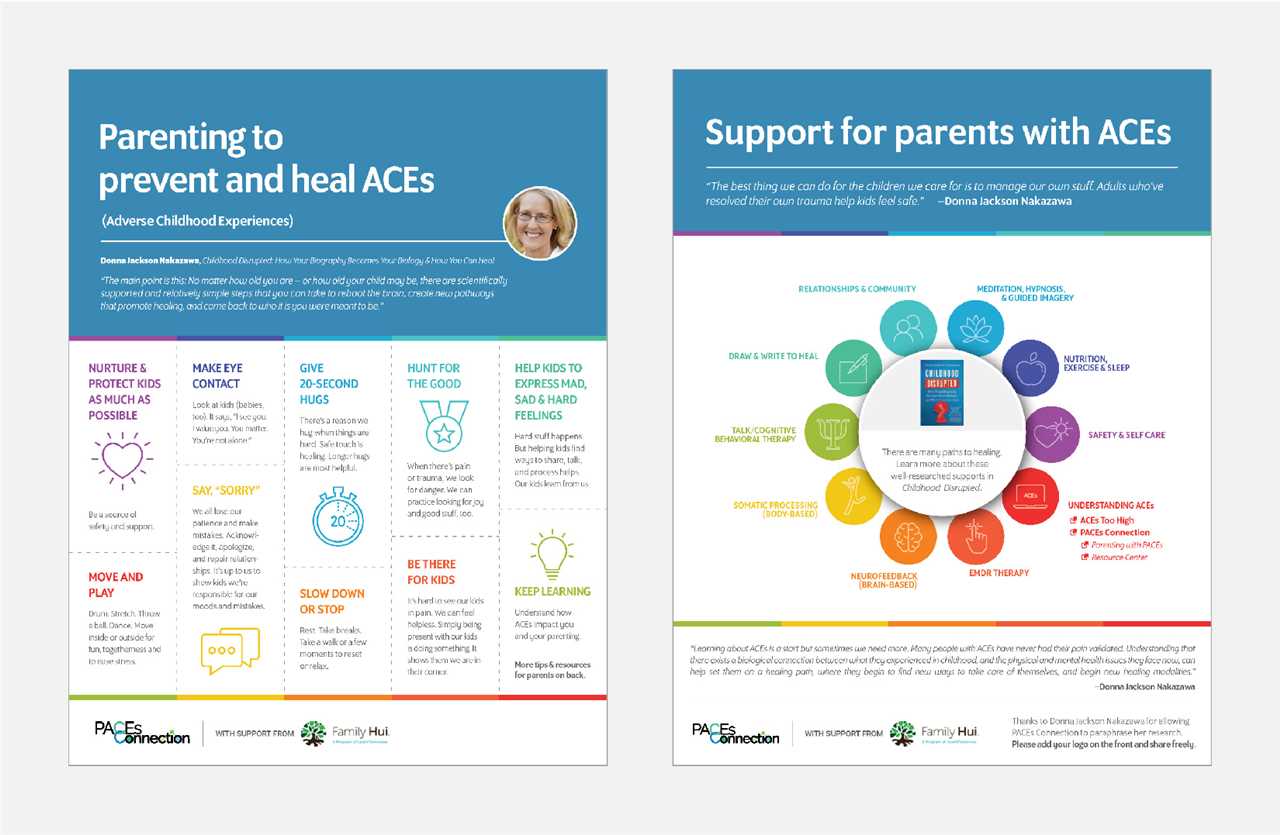
Childhood maltreatment can have profound social implications, especially in terms of resilience and the experience of everyday stress. Resilience refers to an individual’s ability to bounce back from adversity and overcome challenges. It is a crucial factor in determining how individuals cope with stress and navigate their social environments.
Children who have experienced maltreatment may face unique challenges in developing resilience. The trauma and stress associated with childhood maltreatment can have long-lasting effects on a child’s social and emotional development. These effects can manifest in various ways, including difficulties in forming and maintaining relationships, low self-esteem, and a heightened sensitivity to stress.
Understanding the social implications of childhood maltreatment and its impact on resilience is crucial for developing effective interventions and support systems. By providing targeted support to children who have experienced maltreatment, we can help them build resilience and develop healthy coping mechanisms for dealing with everyday stress.
Furthermore, addressing the social implications of childhood maltreatment can have broader societal benefits. By promoting resilience and providing support to individuals who have experienced maltreatment, we can help break the cycle of abuse and create a more compassionate and supportive society.
The Role of Everyday Stress
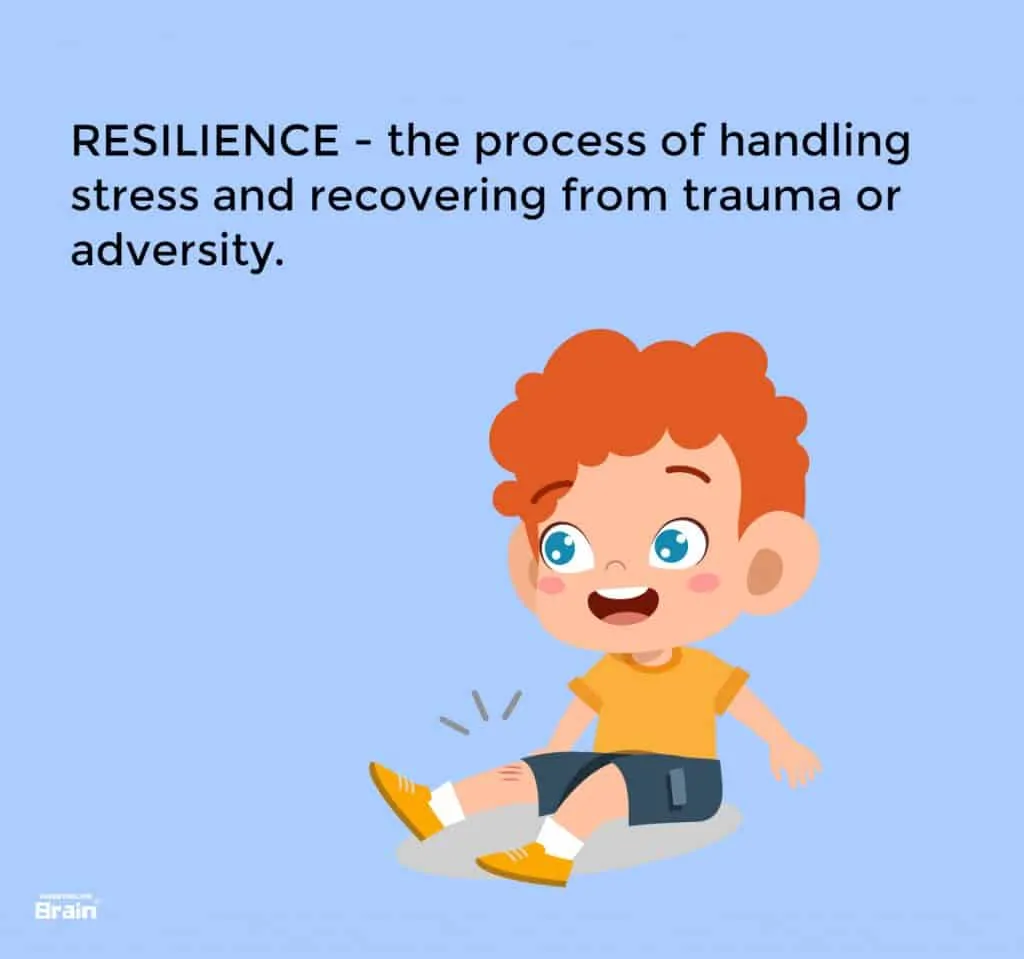
Resilience plays a crucial role in mitigating the negative effects of childhood maltreatment, particularly in relation to everyday stress. Everyday stressors are a common part of life and can include factors such as work pressure, financial difficulties, relationship problems, and health concerns. For individuals who have experienced childhood maltreatment, these everyday stressors can be particularly challenging.
Research has shown that individuals who have experienced childhood maltreatment may be more susceptible to the negative effects of everyday stress. This can be due to a variety of factors, including altered stress response systems and a reduced ability to cope with stress. However, resilience can act as a protective factor, helping individuals to navigate and overcome these everyday stressors.
Resilience can be defined as the ability to bounce back from adversity and adapt to challenging circumstances. It involves a combination of personal characteristics, social support, and coping strategies. Individuals who have higher levels of resilience are better equipped to cope with everyday stressors and are more likely to maintain their physical and mental well-being.
Building resilience can be a complex process, but it is essential for individuals who have experienced childhood maltreatment. This can involve developing healthy coping mechanisms, seeking support from trusted individuals, and engaging in self-care activities. Additionally, therapy and counseling can be valuable resources for individuals looking to enhance their resilience and manage everyday stress.
Understanding the role of everyday stress in the context of childhood maltreatment and resilience is crucial for developing effective interventions and support systems. By addressing and mitigating the impact of everyday stressors, individuals who have experienced childhood maltreatment can improve their overall well-being and increase their resilience.

I am Patrina de Silva, a psychologist and mental health blogger in Sri Lanka. After obtaining psychology degrees from the University of Colombo and Monash University, I returned home to work as a counselor while also starting the popular blog “Pressy but Happy” to provide advice on psychological issues. Over the past decade, my empathetic articles have made my blog a leading mental health resource in the country. In addition to writing, I maintain a private therapy practice, frequently volunteer counseling time, and conduct seminars, driven by my passion for destigmatizing mental illness and educating the public on the mind-body connection. I strive to be an influential voice in my field through my compassionate approach.
